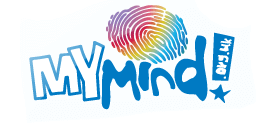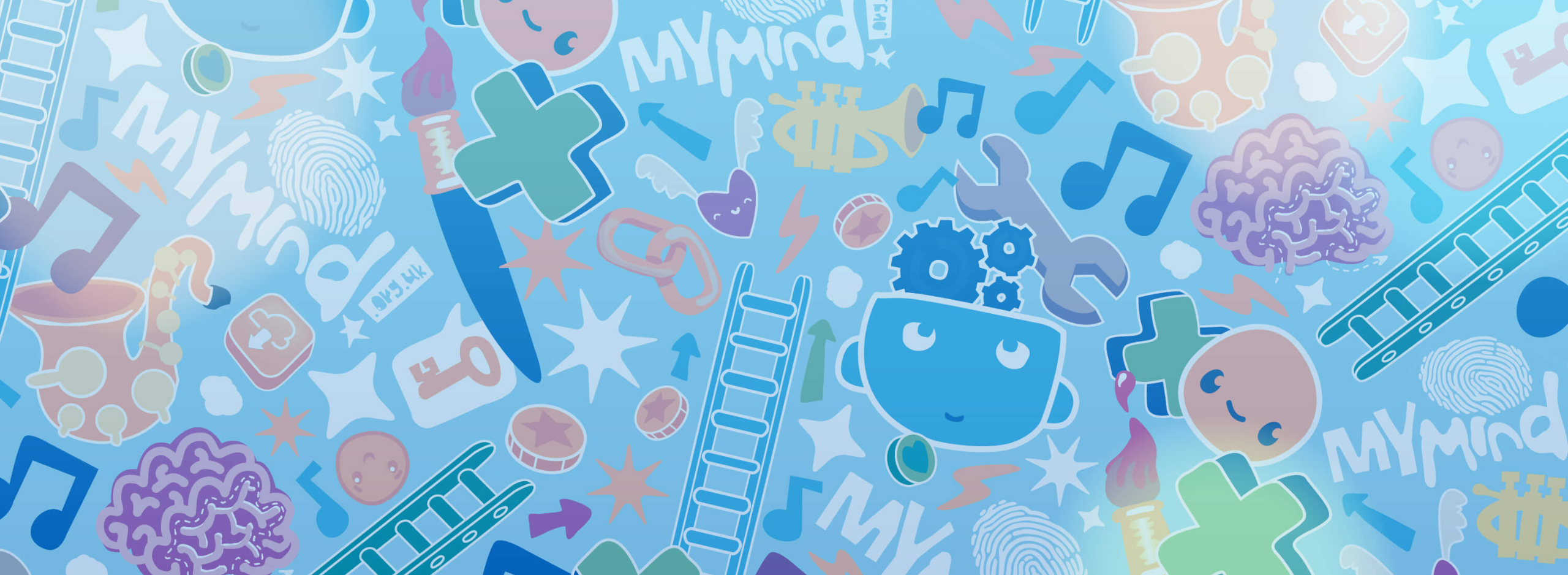It's normal to struggle with how you feel after a difficult life event. Most of the time, we will move on and feel better, however if something very distressing happens that leaves someone feeling extremely scared and unable to cope, it can have a longer lasting effect on their emotional wellbeing. This is called trauma.
Trauma can be the result of a one-off event, a series of events, or an ongoing situation. You can experience trauma even if you weren’t directly involved in the event - for example, if you witness something traumatic or distressing.
Traumatic incidents can include:
- serious road accidents
- violent personal assaults, such as sexual assault, mugging or robbery
- serious health problems
As a result of trauma, people usually experience high levels of emotional and physical distress that can have a negative impact on their ability to function in their day-to-day life.
Teenagers will handle trauma differently to younger children or adults, and as a parent, it's important to understand how a teenager might manage distress and trauma, to help you support them better through the situation.
Below you can view some helpful guidance for parents around supporting your teenager following a traumatic event. At the bottom of the page you will also find some useful links to resources from UK Trauma Council and British Red Cross around supporting young people who have experienced trauma.
Every young person is different, but common symptoms of distress include:
- strong emotions such as sadness, anger, anxiety and guilt
- overreacting to minor irritations
- repetitively thinking about the traumatic event and talking about it often
- disturbed sleeping patterns
- withdrawing from family and friends
- wanting to spend more time alone
- being very protective of family and friends
- returning to younger ways of behaving including giving up responsibilities or a sudden return to rebellious behaviour
- increased need for independence
- self-absorption and caring only about what is immediately important
- loss of interest in school, friends, hobbies, and life in general
- pessimistic outlook on life, being cynical and distrusting of others
- depression and feelings of hopelessness
- difficulties with short-term memory, concentration and problem solving.
Any event that places your life or the lives of others at risk results in your body going into a state of heightened arousal. This is an ‘emergency mode’ that involves a series of internal alarms being turned on. Emergency mode gives people the capacity to access a lot of energy in a short period of time to maximise the chance of survival.
Most people only stay in emergency mode for a short period of time or until the immediate threat has passed. However, being in emergency mode uses up vital energy supplies and this is why people often feel tired afterwards.
The normal healing and recovery process involves your body coming down out of a state of heightened arousal. In other words, your internal alarms turn off, the high levels of energy subside, and your body re-sets itself to a normal state of balance and equilibrium. Typically, this should occur within about one month of the event.
The transition from child to adult can be rocky. A teenager may lose the confidence they had as a child. Unlike a younger child, a teenager isn’t as dependent on their family. A younger child realises they couldn’t survive without their parents, whereas a teenager is more aware of their ability to make it ‘on their own’.
For teenagers, friends and peer groups are very important. By comparing themselves with their friends, a teenager gets a sense of how ‘normal’ they are. Teenagers tend to seesaw between independence and insecurity after a distressing event. This sort of contradictory behaviour can be confusing to the teenager and to the parents trying to help them.
A teenager may be deeply upset by the event, but despite this, they may not want to share their feelings with their parents.
Some of the reasons for this include that they:
- are needing more time to absorb what has happened
- are not wanting to acknowledge the event by talking about it
- don’t want to upset their parents
- are wanting to be strong for parents and other family members
- don’t think their parents will understand them
- think that parents will tell them what to feel or what to do
- don’t agree with their parents’ point of view on the event
- prefer to talk to their peers about it
- find instead that peers help take their mind off the event
- feel confused about how they think and feel about the event
- don’t know how to express complicated, unfamiliar thoughts
- are frightened of strong feelings and fear they are ‘losing the plot’
- would rather distract themselves than think about the event
- already have a problem with communication before the event.
Family problems can occur if:
- the family doesn’t talk about the event
- the family misunderstands the teenager’s behaviour and assumes the teenager is just being difficult or taking advantage of the situation
- parents try to keep the teenager from their peer group or criticise their choice of friends
- parents feel hurt or angry because the teenager prefers to talk to friends about the event rather than the family
- the family argues over different points of view
- parents try to get emotional support from the teenager.
There are a number of strategies that can be put in place to help a teenager resolve traumatic reactions.
Some common suggestions include:
- Encourage the young person to communicate without judging or advising them until they ask for your feedback.
- Show them that you really care for them and are genuinely interested and enjoy being with them.
- Negotiate changes in roles and responsibilities during recovery and be flexible. Don’t try to stick rigidly to the way things were before the event.
- Continue to give love, support and trust, even if things are extremely difficult.
- Remember your teenager is the same person they were before the event, even if they seem different.
- If asked, gently let the young person know that they are having a ‘normal’ reaction to a frightening experience and that in time these very strong reactions will subside.
Traumatic stress can cause very strong reactions in some teenagers and may become chronic (ongoing).
Signs that you should seek professional help include:
- Their behaviour is dangerous, reckless or harmful.
- They seem persistently depressed or anxious.
- They start abusing substances, such as drugs, cigarettes or alcohol, or their use increases dramatically.
- They won’t communicate about where they’re going, what they’re doing or how they’re feeling.
- They don’t seem to be showing any signs of recovery.
- Your teenager’s behaviour does not make sense to you and seem completely out of character.
- You are worried about them for any reason at all.
If at any time you are worried about your mental health or the mental health of a loved one, call the CAMHS Crisis Line on 0800 145 6485.
Useful resources
- UK Trauma Council - Critical incidents in educational settings - Guidance on creating the best environment for recovery
- UK Trauma Council - Traumatic bereavement - A guide for schools and colleges to help children and young people who are struggling
- UK Trauma Council - Traumatic bereavement - Having sensitive conversations with traumatically bereaved children and young people
- British Red Cross - Coping after a traumatic event

